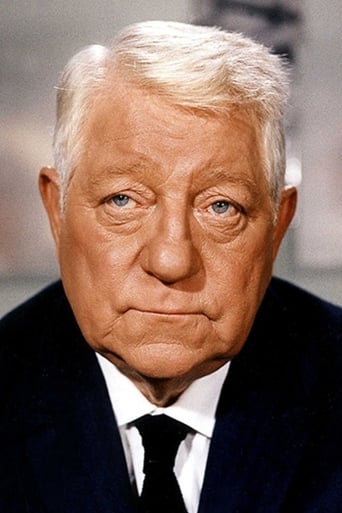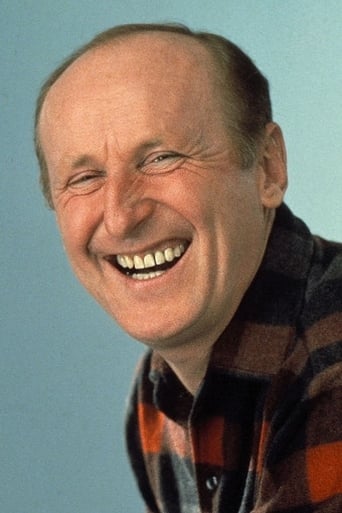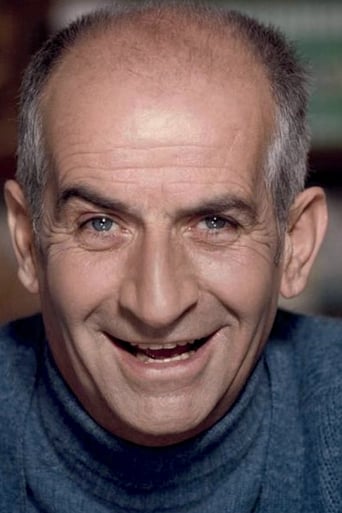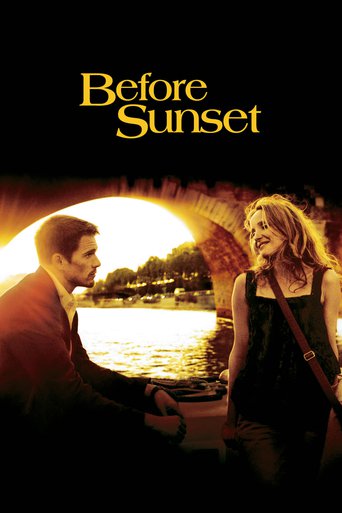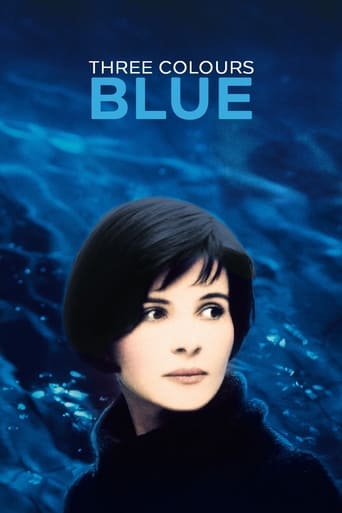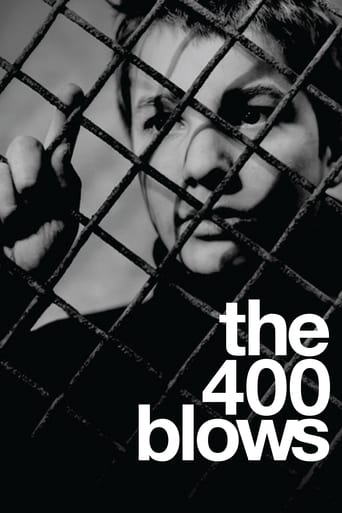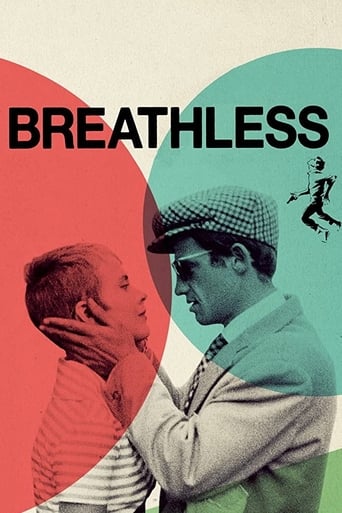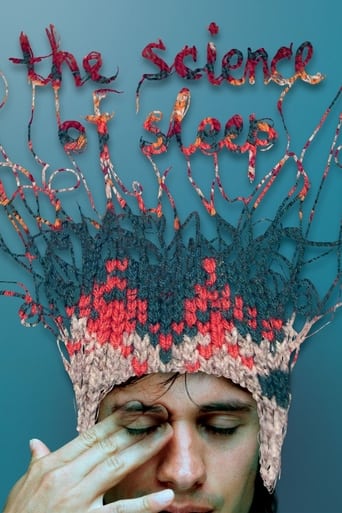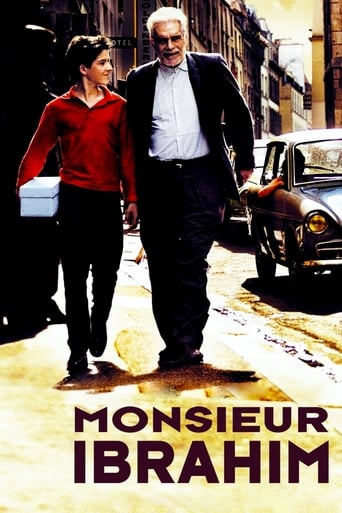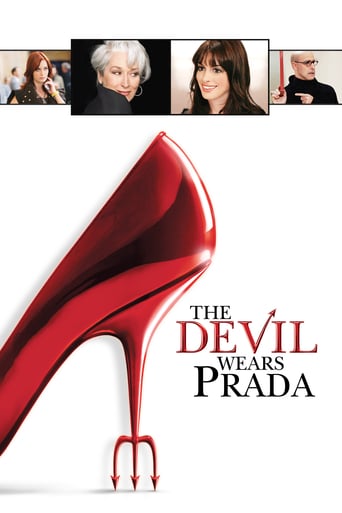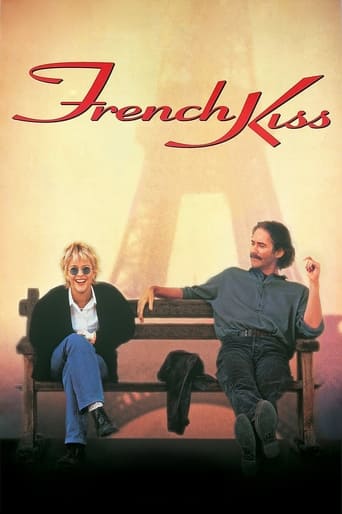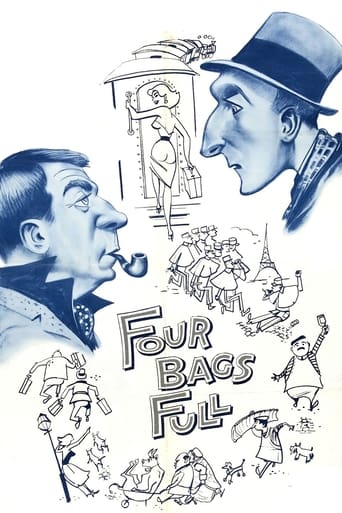
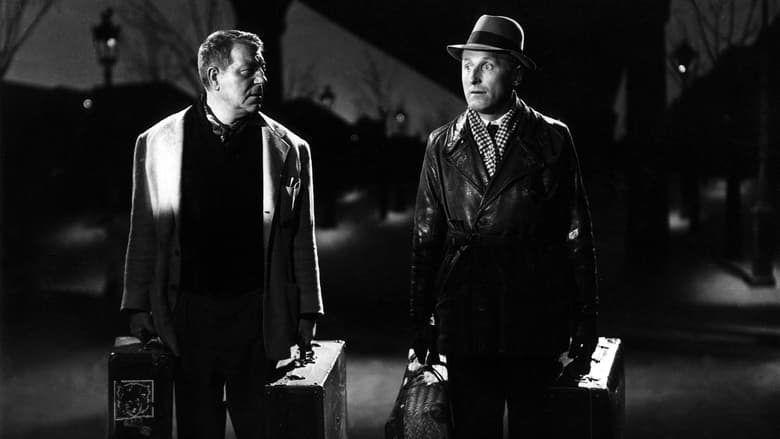
The Trip Across Paris (1956)
Two unlikely companions must smuggle four suitcases filled with contraband pork across Nazi-occupied Paris.
Watch Trailer
Cast


Similar titles
Reviews
I think it is a mistake to categorize "La Traversée de Paris" as a comedy, for despite its light-hearted tone, the casting of two comedic giants, one already established: Bourvil and a newcomer soon to be the King of Comedy: Louis de Funès, despite an extraordinarily smile-inducing performance of a no less colossal actor : Monsieur Jean Gabin, there is more gravity, fatality and ubiquitous sensation of danger in Claude Autant Lara's masterpiece than any archetypal war drama. And never are the laughs triggered by funny situations but funny reactions from rather dramatic situations. We laugh first and think after."La Traversée de Paris" was released in 1956, a decade after World War II. Paris hadn't changed much and people still had vivid memories of these dark years that followed the defeat in 1940. When France ceased to belong to French, the country was economically a slave for Germany while morally, French people were entrapped in a never-ending torment: the bitterness of having lost war, freedom, and the faith on a brighter future. It was indeed, as they say now, the 'darkest hours of French history', and it's only fitting that the movie takes place during the night, to accentuate the black-and-white hypnotic photography. Darkness is omnipresent when memories from WWII are revived, from "Night and Fog" to "Army of Shadows".In fact, darkness is almost a protagonist for during the Occupation, it helped many good people to hide from the Germans or French Police. It was a time where French used their resourcefulness when ration tickets weren't enough. The darkest hours saw the rise of the black market. After all, when the dignity of a whole country was traded for peace, when the government has betrayed the honor of France, many French didn't feel like owing anything to the power, it's less heroism than pragmatism, yet from our perspective these men and women were brave because they jeopardized their lives and could easily say one word too many to a friend of the Germans, a collaborator, as they say.And the opening sets the tone, Marcel (Bourvil) and Mariette (Jeannette Batti) enter a bar, they learn that a black market partner was arrested because he trusted someone and told him he sold soap, he was then arrested. Speaking of soap, a painter named Grangil (Gabin) comes to the bar and needs to wash his hands, the bartender tells him that there's no soap as if there was enough trouble with it already. Police officers come and ask a client if his hands are dirty, coal has been stolen, Martin's girlfriend understands and discreetly gives Grangil a bar of soap. Everything is put together in that introducing sequence: solidarity, suspicion and betrayal. And if Grangil is brave enough to smuggle coal, maybe he'll make a good replacement to Martin's partner.Grangil accepts to cross the town with luggage full of pork parts, avoiding Police and Commandantur. The journey starts and there's something so exhilarating in Gabin and Bourvil's performance that we enjoy first the film for what it is, a superb demonstration of what the Golden Age of French cinema was. Gabin who gained a little weight and gray hair was still looking fairly young and he who used to be so restrained and cold is more grandiloquent than Bourvil who's generally the funny guy but here plays the straight man. It's as if Gabin enjoys post-war life again and can finally inject the relief of the peace in his performance and even vent his passion against the cowards in two marvelous scene.The first one is when he raises the prices of the mission, asking for more and more even though Jambier the butcher says yes from the beginning. Out of his lungs, he screams the name of Jambier, of the street he lives in, and asks for money where a disoriented Bourvil wants to shut him out. The scene is perhaps the noisiest of French cinema. Gabin is noisier than De Funès and funnier than Bourvil but the two stars take the distance with him, at that point, it's Cinema, all the genius of French Cinema finally imploding for laughs and simple laughs. But then right after comes the other powerful moment, with Gabin's rant, and boy, was he great at ranting, toward an old bartender and his clients who wanted to get them out from the bar when they felt something suspicious with two men carrying big luggage.They were coward enough to denounce them and not to even take a chance and the luggage with an infuriating Gabin delivered one of the most powerful monologues of French cinema incriminating all the little guys who think they're better than the others but don't even make an effort to be decent, he insult their ugliness , physical and moral and conclude his diatribe with an immortal "salauds de pauvres", literally " which would e translated as "you rotten poor". Marcel Aym's script has never sounded so incisive, so politically correct yet so humanly correct at these time were courage was a luxury. This is Gabin show, and he carries the film as confidently and strongly as he does for the luggage, Bourvil and De Funès will have their stars shining in many films to come, but the reason to watch the film is to admire Gabin.What he stands for in terms of masculinity and principals and moral values. Now, you have a French President claiming "I don't like the rich", which sounds so fake, so popularity-seeking,, so forgettable when a fictional Gabin treated the poor as rotten, it sounds real and eternal. This is how low things has sunk. "La Traversée de Paris" is a reminder that sometimes, it's the darkest hours that allow the brightest souls to shine.
Marcel Ayme's original story goes this way. Martin and Grandgil hire out to a corrupt wholesaler, Jambier, in wartime Paris. They agree to transport about 200 lbs of pork in four suitcases to a butcher who is waiting to receive this contraband (rationing is in effect, remember). Grandgil through his histrionics, increases the fee to 5,000 francs from the original 900. They encounter some fascinating and corrupt people along the way. Martin kills Grandgil at the latter's studio: he's enraged by the artist's lack of concern for the value of work and the concept of honor. Martin delivers the pork finally and is arrested for murder.Well, you wouldn't recognize the story that Aurenche and Bost created out of this sour little saga. They have given it a happy ending. I am not going to tell you what happens to Gabin and Bourvil, but it is a crowd pleaser. I have stated my reserve about late-period Gabin in the past, but here he is terrific. The rant at Jambier's store is very funny: "Jambier, 45 rue Poliveau, my price is a thousand francs!" Bourvil is a great foil for him; he's more rational and less risk-taking than Gabin, if also less imaginative.
With Bourvil, Jean Gabin and Louis de Funès, this movie almost had to be a good comedy. And it was funny. The three actors all give solid performances. The movie is about two guys (Bourvil and Gabin) who travel through Paris at night to deliver some black market meat during WWII.Out of 100, I gave it 73.
The bringing together of two great comic actors of the calibre of Jean Gabin and Bourvil could not fail to be a great success, but this film surpasses the audience's expectations by several hundred kilometres. For both actors, this is a real tour de force. Bourvil is the hapless stooge to Gabin's outrageously forceful character, and the double act is unbelievably funny. One can't help but have pity for the poor unemployed Parisian as his night-time trudge across Paris is turned into his worst nightmare.Whilst much of the humour is in the performance of its two stars (joined by Louis de Funes in that amazing cellar scene near the start of the film), the script is well-written and genuinely funny in places. The menace of the Nazi threat is there all the same, and this is heightened by the darkened sets representing a deserted Paris, resounding with the distant tread of the German patrols. The last twenty minutes of the film is a distinct contrast to what preceded it, and the humour appears to fade very quickly into drama. Luckily, our heroes emerge unscathed (possibly), but the threat of what might have been substantially changes one's view of the film.Needless to say, when this film was released in 1956, scarcely 10 years after the end of the Second World War, it was widely reviled. It presented a view of the occupation that, whilst honest and accurate in retrospect, had never before been seen in French cinema and which was simply too much for many to stomach. Gabin's character was a particular target for scorn, representing a cynical free-thinking attitude that could only be regarded as dangerous and anti-Republican. The film's director, Claude Autant-Lara, should be credited with immense courage in presenting to the French people his perception of the war, unadulterated by the constraints of convention. That he should achieve this through one of the funniest of French films is a remarkable achievement.


